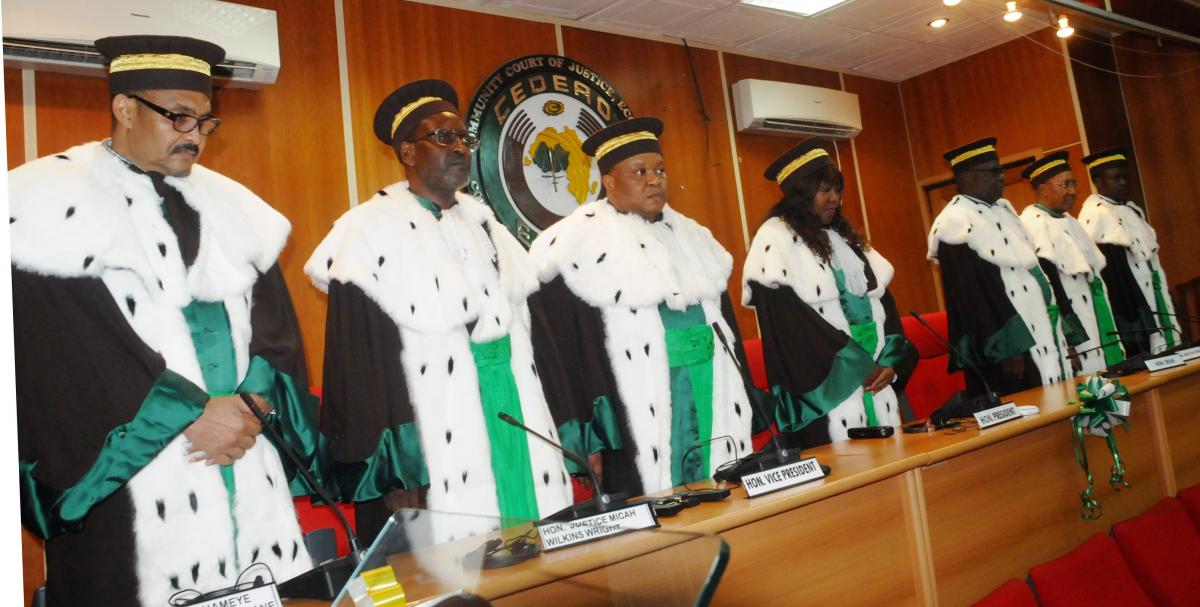There are no products in your shopping cart.
| 0 Items | £0.00 |

 MILITARY authorities have been asked by the Economic Community of West Africa (Ecowas) Court of Justice to pay Nigerian soldier Barnabas Eli a sum of N10m as compensation for his dismissal for losing a rifle.
MILITARY authorities have been asked by the Economic Community of West Africa (Ecowas) Court of Justice to pay Nigerian soldier Barnabas Eli a sum of N10m as compensation for his dismissal for losing a rifle.
Back in 2012, Private Eli was dismissed from the Nigerian Army after he lost his rifle. In addition, he was sentenced to two years imprisonment by a court martial without recourse to the confirming authority before enforcement.
During his court martial, Private Eli had pleaded that in the course of his official duty, a rifle belonging to the Nigerian Army was stolen at his duty post in Sector 7, Riyom in Plateau State. He was consequently arrested, detained, tried and dismissed from the army but =sought legal redress saying he was not given a fair hearing.
Today, the Ecowas court ruled in favour of Private Eli and ordered the Nigerian government to pay him the arrears of his salary and other entitlements from March 2015 to the date of his release from detention. Delivering a default judgment following a motion filed on October 10, 2018, the court also held the Nigerian government in violation of the applicant’s right to be heard within a reasonable time.
In determining whether the decision of the court martial required confirmation by the appropriate authority before enforcement, the Ecowas court relied on the provisions of the Armed Forces Act Cap A20, which stipulates the punishment for the loss of public or service property. According to the law, punishment required that the decision of such a court martial must be transmitted to a confirming authority for the confirmation of the finding and sentence.
According to the Ecowas court, although the arrest, detention and trial of the applicant were validly done, the conviction not having been confirmed by a higher authority was null and void. Consequently, the court ruled that the detention in prison of the applicant was arbitrary and consequently a violation of his rights to liberty contrary to Section 6 of the African Charter.
However, the court rejected the applicant’s request to hold the government in violation his right to equality before the law, equal protection before the law, right to non-discrimination, right to life and to protection from torture, cruel, inhuman and degrading treatment as well as punishment on the grounds that there was no evidence to support these claims. He then approached the court to adjudge that his arrest, detention, trial, conviction and subsequent dismissal by the army is illegal, ultra vires, null and void, as it contravenes the provisions of Article 6 African Charter and other human rights instruments.
Nigeria's government did not put up a defence in rebuttal to the claims of the applicant during the trial. On the panel of the court for the case were Gberi-Be Ouattara, who presided, Dupe Atoki and Januaria Costa.